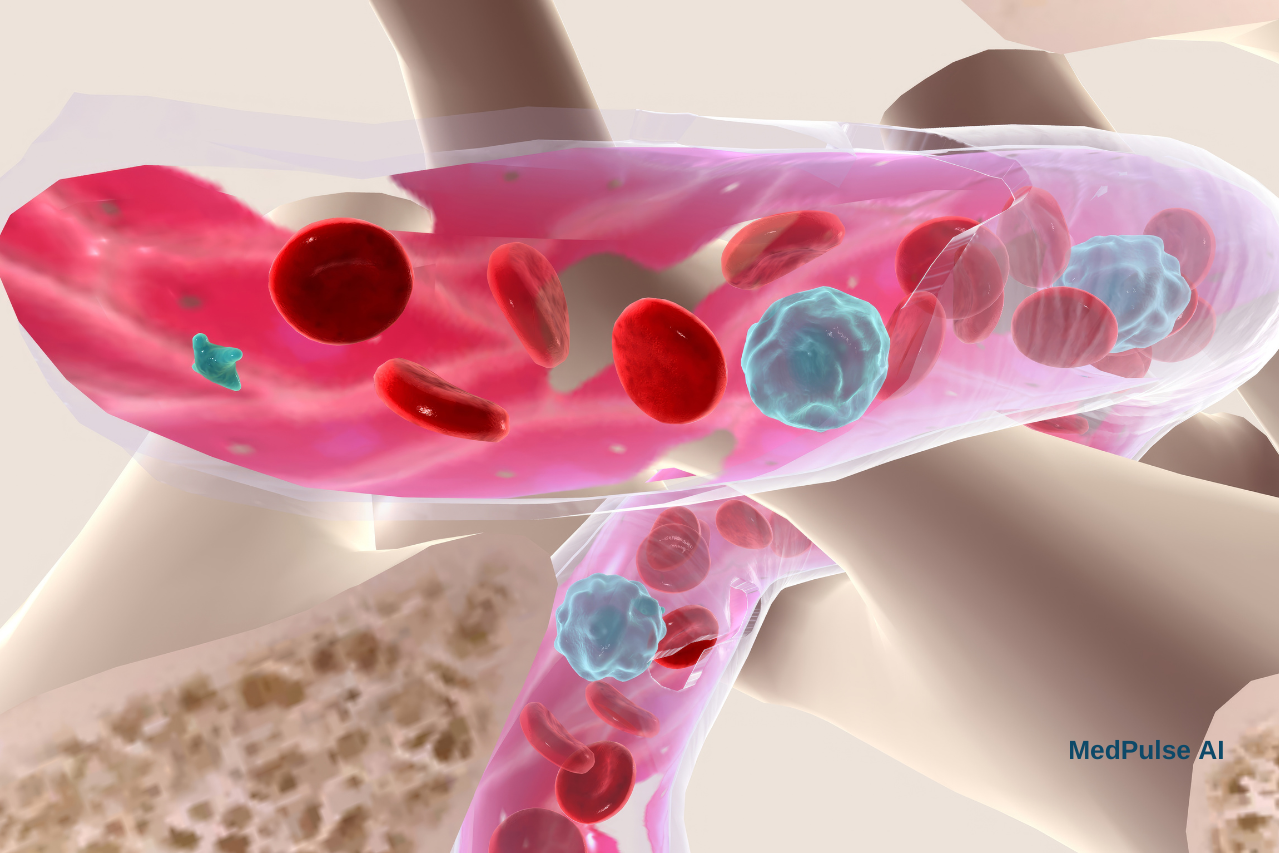Vanderbilt-Ingram Cancer Center (VICC) recently showcased its innovative approach to cancer care during an event hosted by the Institute for Value-Based Management in Nashville, Tennessee. The event, themed “Bringing the Future to the Present in Cancer Care,” highlighted how cutting-edge technology like artificial intelligence (AI) and equity-focused initiatives are reshaping oncology.
Leadership and Collaboration
The event featured prominent leaders, including Dr. Cathy Eng, the David H. Johnson Endowed Chair in Surgical and Medical Oncology, and Dr. Jordan Berlin, director of Clinical Research at VICC. Other contributors included Dr. Keith Obstein, gastroenterology fellowship director, and Dr. Kamran Idrees, surgical oncology expert. Additionally, Dr. Karen Winkfield, executive director of the Meharry-Vanderbilt Alliance, emphasized the importance of community engagement in delivering equitable care.
AI-Powered Advances in Cancer Care
Speakers highlighted the transformative role of AI in cancer care. Dr. Travis Osterman introduced Vanderbilt’s collaboration with GE HealthCare on the Digital Precision Oncology Project, which leverages AI to predict immunotherapy outcomes and toxicities. Using data from 2,700 patients across various cancer types, Vanderbilt’s AI models offer insights into treatment responses, enabling clinicians to tailor therapies while minimizing adverse effects.
“Our goal is to use routinely collected clinical data to predict which patients will experience immunotherapy toxicities and which will benefit the most. This helps oncologists and their patients make better-informed decisions about their treatment options.”
Dr. Osterman also discussed the potential of AI to provide actionable insights rather than generic warnings:
“What I need the algorithm to tell me is how this patient differs from the average. That level of precision helps clinicians and patients have a more meaningful discussion about treatment risks and benefits.”
Pioneering Techniques: Histotripsy for Liver Cancer
A highlight of the event was a presentation on histotripsy, a groundbreaking, noninvasive technique for treating liver tumors. This FDA-approved procedure uses high-intensity sound waves to destroy tumors while sparing surrounding healthy tissue. Dr. Kamran Idrees emphasized the precision of histotripsy, which can liquefy cancerous tissue in as little as 20 minutes per lesion. Its potential extends to eliciting immune responses that may shrink untreated tumors—a promising frontier for future cancer therapies.
Revolutionizing Colonoscopy with AI and Robotics
In his address, Dr. Keith Obstein discussed advancements in colonoscopy technology, including AI-assisted diagnostics and robotic colonoscopes. These innovations improve precision, enhance detection of polyps, and address environmental concerns through reusable components. Dr. Obstein also underscored the importance of expanding access to colonoscopies in underserved areas via mobile endoscopy services and telemedicine solutions.
“The future is bright,” he noted, highlighting ongoing efforts to combine innovative designs with AI and robotics to revolutionize gastrointestinal care.
Equity at the Core of Innovation
Equity in healthcare was a central theme of the event. Dr. Karen Winkfield shared VICC’s community-focused initiatives aimed at reducing cancer disparities in underserved populations. In 2023, VICC’s Office of Community and Engagement reached over 20,000 people through education and outreach events. These efforts target vulnerable groups, including racial and ethnic minorities, rural residents, and uninsured individuals.
Dr. Winkfield emphasized the importance of intentional community engagement, stating, “You have to have a plan, you have to do assessments, you have to prioritize.” Her call to action included advocating for systemic change to ensure equitable access to groundbreaking treatments.
Equity Metrics: Measuring Impact in Underserved Communities
Vanderbilt-Ingram Cancer Center (VICC) has made measurable strides in reducing disparities in cancer care, focusing on equity-driven initiatives that prioritize underserved populations. Some key metrics illustrating their impact include:
- Cancer Screening Rates:
VICC’s mobile endoscopy services and outreach programs have increased colon cancer screening rates by over 30% in underserved rural communities. These efforts address significant gaps in early detection, a critical factor in improving survival rates for treatable cancers. - Educational Outreach:
In 2023, the Office of Community and Engagement conducted more than 300 events, with 175 education programs, reaching over 20,000 individuals. This is a significant increase from just 5,000 individuals in 2017, demonstrating their expanding footprint in community engagement. - Diverse Demographics Served:
Outreach efforts are specifically targeted to vulnerable groups, including:- 23% Latino individuals,
- 19% Black/African American individuals,
- and 17% rural populations in their immediate catchment area.
These metrics underscore VICC’s dedication to addressing systemic barriers to healthcare access, particularly for marginalized communities disproportionately affected by cancer.
“Because every community has a reality in the US, we have to learn how to meet people where they are. People think that it requires a whole lot of effort, and it doesn’t. Even just thinking about your daily practice and how you engage with people, having that cultural humility and the willingness to ask questions, is really important.”
Dr. Winkfield also highlighted the necessity of actionable frameworks to address disparities, focusing on education, patient navigation, and equitable access to clinical trials. She said:
“You have to have a plan, you have to do assessments, you have to prioritize.”
Through initiatives like the Meharry-Vanderbilt Alliance and its focus on integrating AI, Vanderbilt continues to lead in redefining cancer care. By combining cutting-edge technology with a deep commitment to health equity, the institution sets a benchmark for delivering personalized, accessible, and impactful care.





